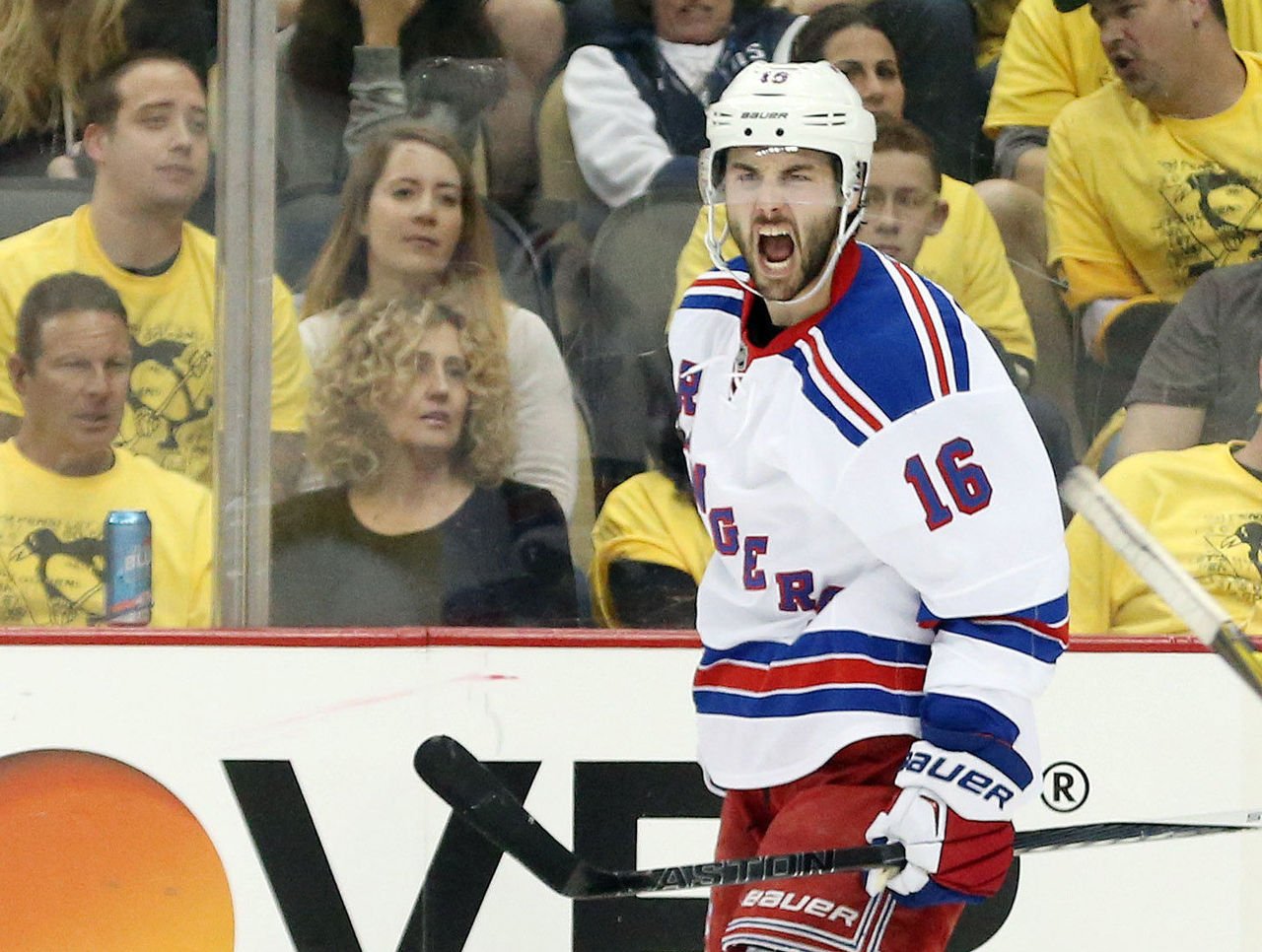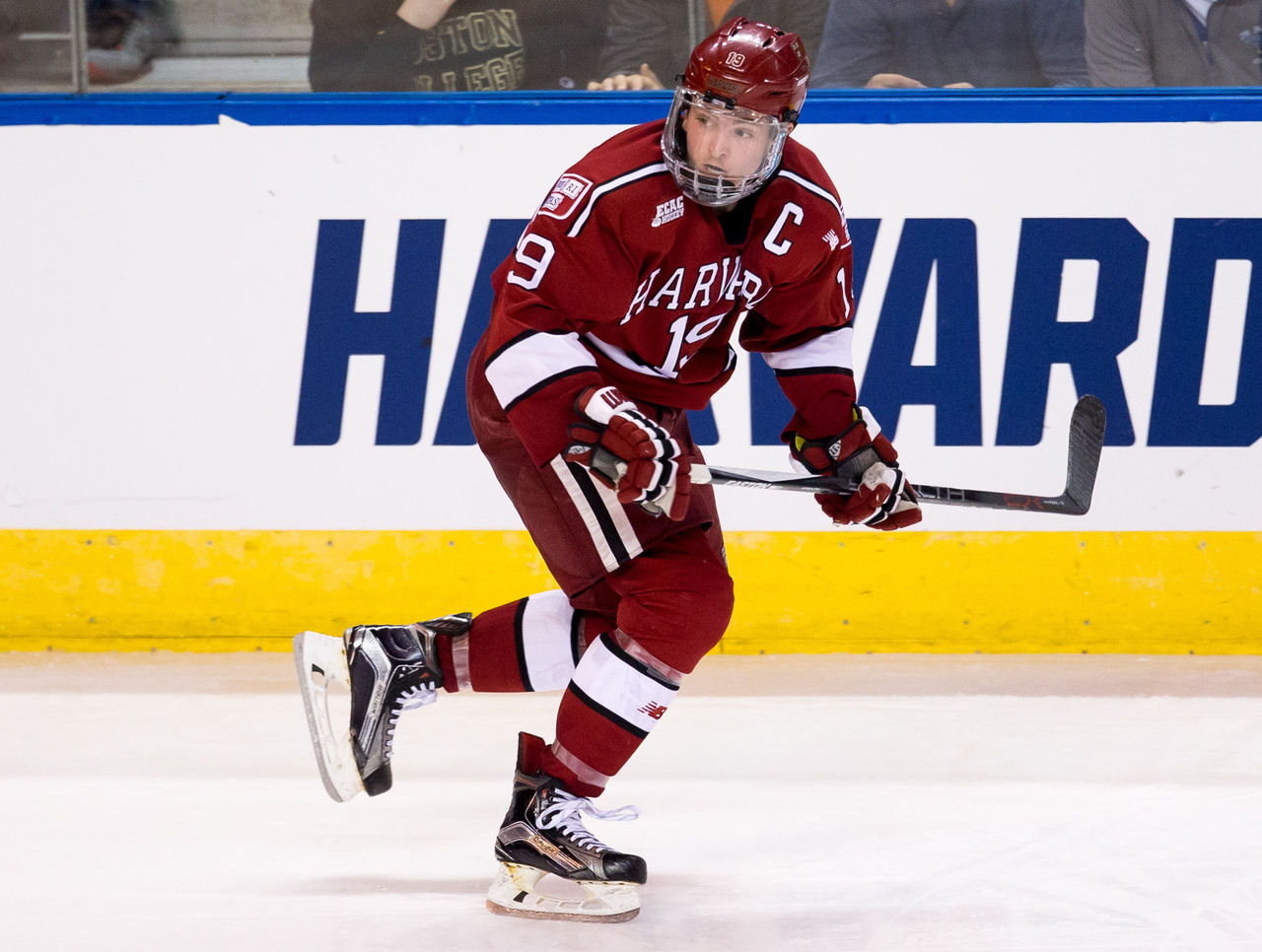Season Preview: Where do the Rangers stand?
theScore is previewing each team leading up to the 2016-17 season.
Their resources exhausted after spending the last decade chasing a title, the New York Rangers took a different approach this summer, making decisions with a focus on replenishing what was lost.
In the end, general manager Jeff Gorton may wish he accomplished more, but the Rangers were able to get a little younger, a little cheaper, perhaps a little deeper, and look as if they can maintain a certain standard of competitiveness - at least on paper.
Here are three things to consider as the Rangers prepare to make a run at a seventh consecutive postseason appearance:
Did they move the right man?

In order for things to change, New York had to make a decision with its core.
There were conversations about Rick Nash and Derek Stepan, but in the end it was Derick Brassard on the move, dealt to the Ottawa Senators in a trade that brought back a talented scoring center still chasing his two-way potential in Mika Zibanejad.
At about half the price with several seasons of control, Zibanejad, also five years younger, was a strategic and ideal find. But Brassard, New York's second-leading scorer last year, is a player whose production is also travelling on an upswing, and maybe more importantly, actually provided value on his very reasonable $5-million salary.
To alleviate cap pressures, it was incumbent on the Rangers to move a high-priced veteran. You wonder, though, why they chose to move a player who didn't really contribute to that problem.
Have they helped Lundqvist?
He wasn't Alain Vigneault's most valued asset on the back end, but one of the more coveted members of that unit in league circles - and the player that most effectively lightened the load on Henrik Lundqvist - won't be pushing the puck up the ice for New York next season.
Keith Yandle departed in free agency this summer, leaving New York without a proven puck-moving defender whose strength is facilitating transition offense.
Because of this, Brady Skjei becomes an enormously important player, but the Rangers are still willingly running the risk of further exposing their world-class goaltender by devoting major minutes to defenders like Dan Girardi and Marc Staal.
What else is new?

Their finances inhibited them from spending freely, so the Rangers weren't overly involved in the open market. They did however land their most coveted prize: Harvard graduate and Hobey Baker winner Jimmy Vesey.
The former third-round draft pick of the Nashville Predators could be a coup. Vesey arrives prepared to contribute immediately in a middle-six capacity, but also on an entry-level salary at age 23.
New York also added Brandon Pirri, a 20-goal scorer on a bargain-bin salary; Michael Grabner, a capable penalty killer and bottom-six contributor able to create chances with speed; and Nathan Gerbe and Josh Jooris, who together provide depth at a combined $1.2 million.
Look for Pavel Buchnevich, a third rounder in 2013, to bust into the lineup as well.
HEADLINES
- Report: Jets add Seth Ryan, son of Rex Ryan, to offensive staff
- Pacers' Carlisle: Zubac's ankle 'not quite right,' delaying team debut
- Cowboys' Jones aiming to keep Pickens with team for 'a long time'
- Shooting Stars returning to NBA's All-Star Saturday Night lineup
- Parsons: Cowboys trading me to Eagles 'almost happened'